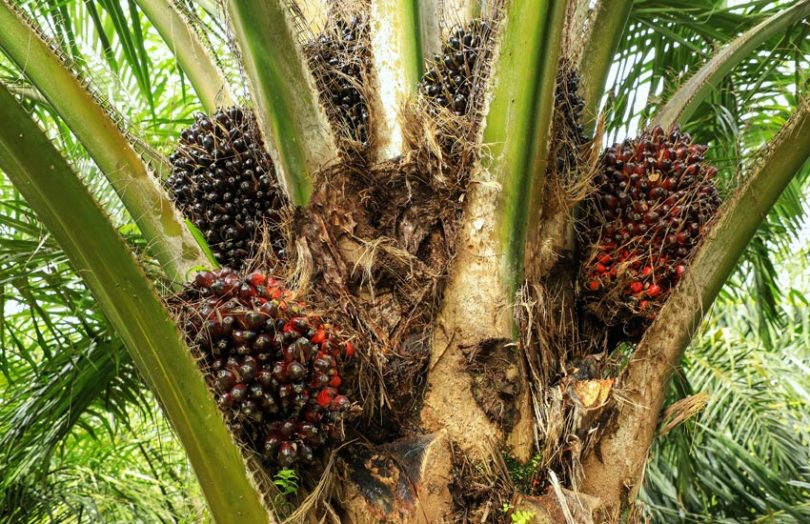
By Zuraida Kamaruddin
KUALA LUMPUR, Malaysia--As the world’s two top palm oil producers, Malaysia and Indonesia, have for the past two decades or so been subject to numerous anti-palm oil campaigns by western countries and the developed world, which eventually affected the marketability of palm oil and its related products in these markets.
The smearing campaign, which created negative perceptions towards palm oil –if not systematically and strategically put to rest–, can affect the competitiveness of Malaysian palm oil exports in the long haul.
As palm oil and its related products have been a major revenue contributor to the country’s economy as well as having played a significant role in reducing rural poverty (by providing employment) and improving infrastructure, Malaysia has resorted to counter such malicious/baseless claims via a ‘soft consultancy ’approach.
Historically, the negative image of palm oil started taking shape in Europe beginning in 2003, revolving around issues pertaining to sustainability before moving to the nutritional aspects of palm oil.
The current practice of ‘no palm oil ’or ‘palm oil-free labelling' in France and Belgium can be traced back to 2008, when the French retail chain Carrefour started to substitute palm oil in potato chips with sunflower oil.
Singling out palm oil with the ‘palm oil-free marketing and labelling campaigns convinced consumers that palm oil is terrible whether for nutritional or environmental reasons or both.
Recall that in 2019, the European Union (EU) has classified palm oil as a crop with a high-risk rate towards indirect land-use change, hence deemed to contribute to deforestation and loss of biodiversity. EU member countries are currently adopting the European Union Renewable Energy Directive II in their respective legislation.
Such a classification exercise will affect palm oil being a potential biofuel source since its usage will be gradually reduced beginning in 2023 before being ‘eliminated totally ’ as an EU biofuel source in 2030.
This has led to Malaysia initiating legal action against the EU and two of its members– France and Lithuania – on 15 January 2021 under the World Trade Organization’s (WTO) Dispute Settlement Mechanism. Such development came about after the EU implemented the directive without considering Malaysia’s commitment and views, even after the latter had given its feedback and sent economic and technical missions to Europe.
Malaysia will also act as a third party in a separate WTO case lodged by Indonesia, which is the world’s biggest palm oil producer, as a sign of solidarity and support.
In all fairness, Malaysia is left with no choice but to retaliate against “the bullies” even as it understands that the ensuing legal process can be dragging and costly, given it entails massive preparation and submission of documents for argument as well as meticulous research and ‘countless hours of meeting and deliberation by the panel tasked to look into the matter.
Thus far, no other restrictions have been imposed by the EU against palm oil. However, the fact remains that medium- to long-term damage has already been inflicted on palm oil’s image in the eyes of European consumers.
In this regard, the Ministry of Plantation Industry and Commodities (MPIC) will continue to closely monitor any latest developments from a legislation standpoint by the EU, which can potentially tarnish the reputation of palm oil, hence adversely affecting the viability of the palm oil and palm oil-related industry in Malaysia.
I call upon all Malaysians to join MPIC and rise up to defend our palm oil in the eyes of the world.








0 Comments
LEAVE A REPLY
Your email address will not be published